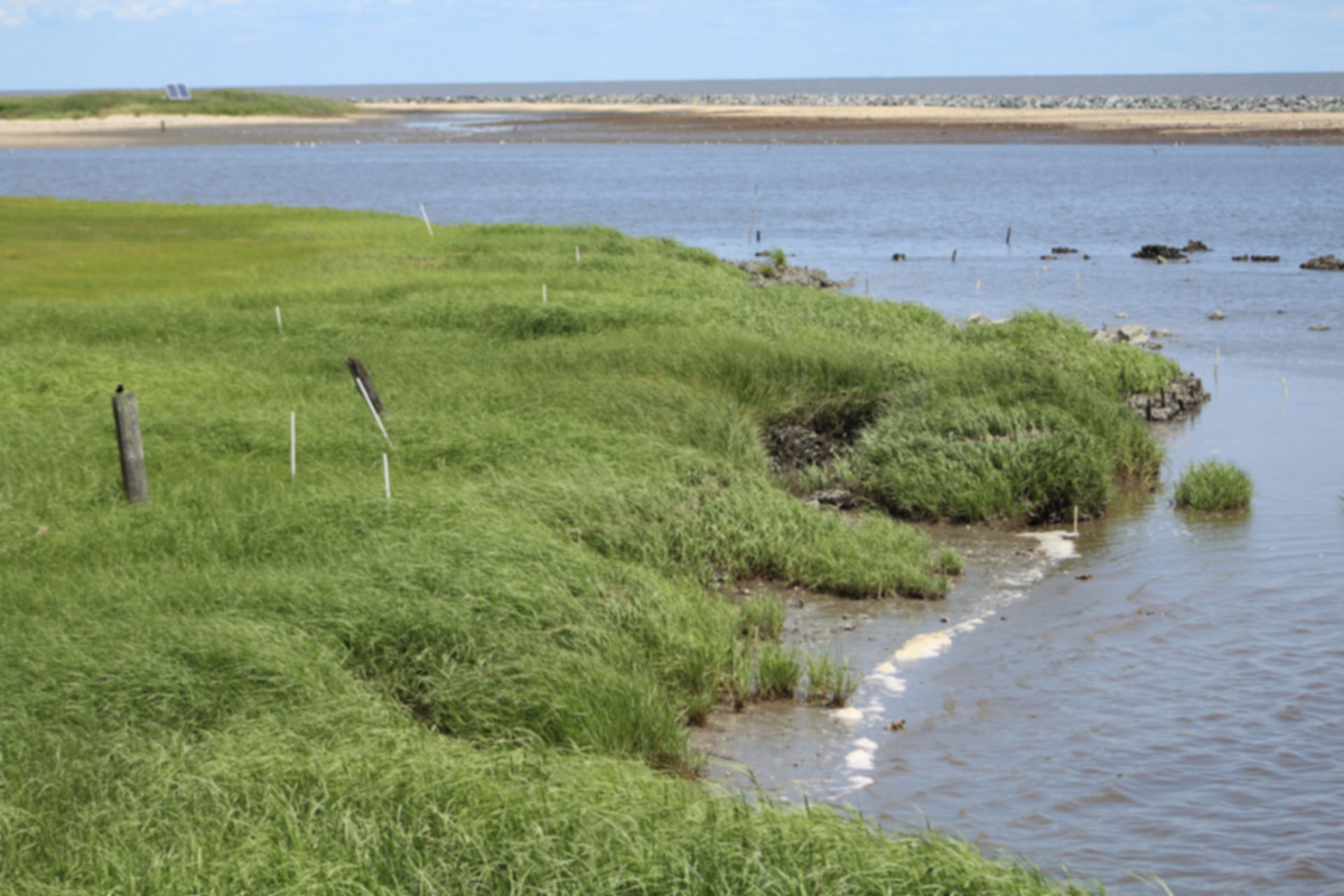On November 15, 2021, the bipartisan Infrastructure Investment and Jobs Act (IIJA) was signed into law by President Biden. The act consists of a $1.2 trillion federal infrastructure investments over five years via a combination of new and established programs, including $550 billion in new spending. Projects funded by the act will target, road, bridges, coastal resilience, environmental justice, electric vehicles, clean energy, broadband, clean water, and much more. While an exciting development, there is a significant challenge in locating and accessing the funding given the sheer volume of what is available. This article offers a variety of online information and resources.
The White House released a Bipartisan Infrastructure Law (BIL) Guidebook earlier this year that provides information on available programs, funding, recipients and statutory location. It is the first step to sharing key information so that state, tribal, and local government partners can take advantage of the opportunities that will arise from the IIJA. For state-by-state information, visit the White House State Fact Sheets page. As of this summer, over $500 million of IIJA funding has been announced for Delaware. Around $400 million will be used to invest in transportation including the improvement of roads, public transit, airports, and bridges. Over $60 million will be used this year for clean water projects alone. For those looking for more local information, visit Delaware’s IIJA webpage where Governor Carney’s office shared principles to guide the implementation of Delaware projects and an overall analysis of the funding package.
The White House also shared a Rural Infrastructure Playbook in April 2022. It is intended to aid rural communities in the availability of funding that is set aside for them such as high-speed internet, safe roads, affordable electricity, and clean water. In May of 2022, the Biden-Harris Administration released the Permitting Action Plan with a goal to speed up the delivery of infrastructure projects. The Action Plan will ensure that the permitting processes will benefit the environment and communities as much as possible
Tips for Accessing IIJA Funding and Information Resources
1. Seek Assistance from the UD GAP Program
The University of Delaware’s Institute for Public Administration (IPA) has created a grant assistance program, a state-funded initiative that provides free technical grant assistance to local governments for infrastructure initiatives and other competitive and formula grant opportunities. The program can help with writing and submitting grant applications and providing grant-based training opportunities. The IPA hosts also virtual office hours as well as scheduled appointments to help assist in the process of applying for grants.
2. Attend Resilient and Sustainable Communities League (RASCL) Programs
RASCL is a great resource for more information about programs and funding opportunities. You can attend their coffee hours to connect with the local community and stakeholders or schedule time with the Project Guidance Group. Discussions are held to provide an opportunity to ask questions and network with others.
3. Establish Relationships with Regional and Federal Offices and State Agencies
Establish or re-establish a relationship with state, regional and federal offices will connect you with important agencies and could make the process of applying easier. Many agencies are scrambling to get the IIJA funding out the door quickly and are looking for partners. Federal and state agencies can give you more information about available funding. If needed, regional and federal offices can also provide you with technical assistance and guide you to more resources.
4. Identify Your Community’s Needs and Create a Project Pipeline
Developing a project pipeline will help track and keep the progress of a project organized. This is one of the first things you should do before thinking about which programs for which to apply. Do you have a comprehensive plan or other planning documents that identify the needs of your community? Are there any past projects that were not previously completed, or you were unable to undertake? Take advantage of this historical amount of funding coming into complete backlogged projects
5. Explore the NGA IIJA Implementation Resources Website
The National Governor’s Association (NGA website) offers some of the best information on the internet, including a calendar of upcoming IIJA funding opportunities and milestones. Information on federal resources including fact sheets is available as well as access to the IIJA guidebook. The competitive grant program tracker can inform you about broadband, energy, transportation, and other programs and is easy to access. This is a good resource to keep you informed before you start planning to apply for a grant.
6. View the GFOA IIJA Implementation Resources Webpage
On the Government Finance Officers Association (GFOA) webpage, you can find information that will be important when planning to apply for grants. The website highlights a breakdown of where money will be directed to and links resources. There are also multiple charts that track IIJA Notice of Funding Opportunities (NOFO). The charts include information about funding for local bridges, roads, railways, public transportation, airports, ports and waterways, electric vehicle charging, broadband development, water infrastructure, and resiliency.
7. Explore the NACo Legislative Analysis for Counties Page
The National Association of Counties (NACo) website is another good resource where you can find more information about funding from the Bipartisan Infrastructure Law. NACo lays out diagrams of overall funding by the federal agencies and new infrastructure investments. They also establish major provisions for counties, including information about transportation, energy and the environment, public lands, drinking water and wastewater, broadband, and resilience.
If you are seeking information about resilience programs and more information on the Bipartisan Infrastructure Law, you can contact rasclinfo@gmail.com


